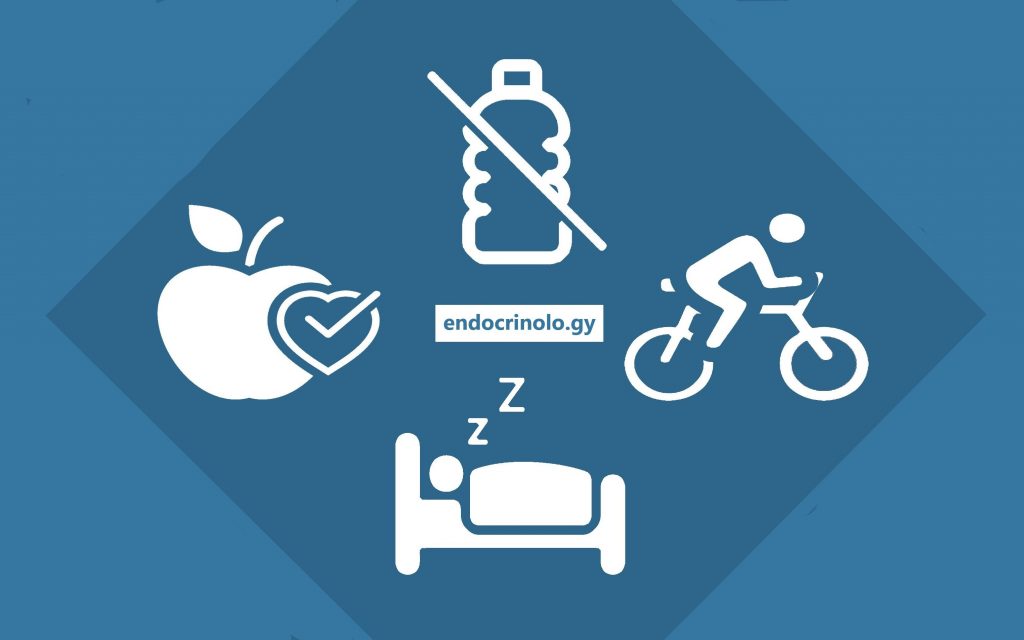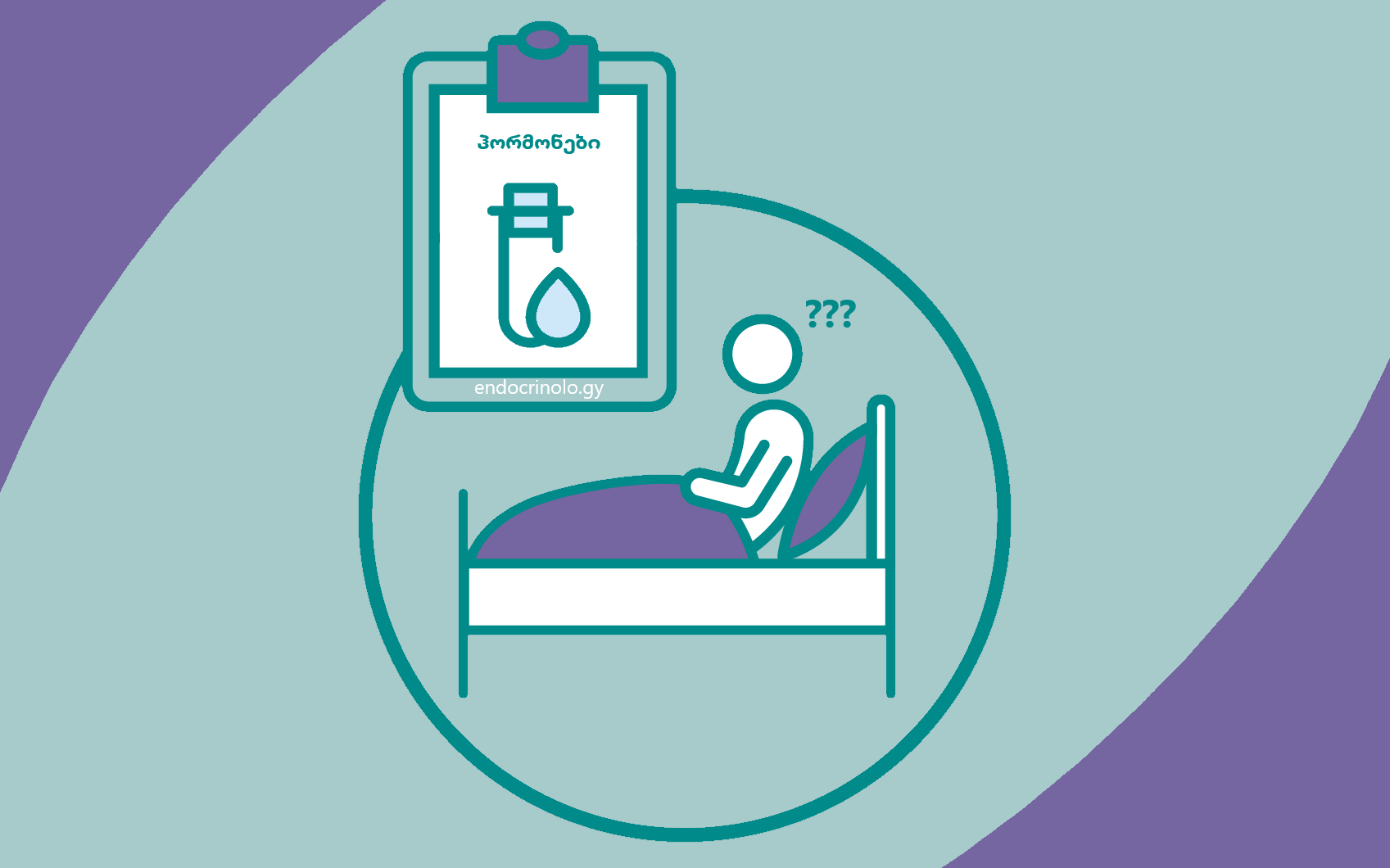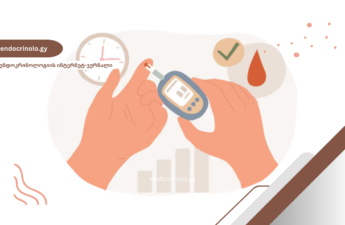Words have great power. In addition to reflecting reality, they can create reality themselves.The choice of words and the way they are used take on special importance when it comes to communication between a doctor and a person diagnosed with diabetes.
Diabetes management is a 24/7 process, and the daily activities required for it (including glycemic monitoring, diet, physical activity, etc.) are performed outside the doctor's office, by the person with diabetes themselves.Therefore, self-confidence and motivation are essential tools for him.
Emotional support and psychological aspects play a big role in diabetes management. And all of this is often expressed in words.
Although certain phrases have been part of the medical lexicon for decades and are firmly embedded in our minds, hearing them in a doctor's office can cause a person to feel fear, guilt, and shame.
Therefore, modern medicine prefers words and terms that help the doctor show empathy and gain the patient's goodwill and trust.
The doctor's mission is to help a person diagnosed with diabetes manage their condition as best they can, make healthy choices, achieve positive health changes, and live a full and productive life.
Vocabulary that puts the patient first
When talking about diabetes, this means using phrases that do not carry the character of judgment or reproach, but on the contrary, instill hope in the patient and strengthen his motivation.
Speaking in such language makes it clear that we put the individual – the patient – first, not their disease or laboratory results.
One example that will make it clear what is meant by this is: do not use such a combination of words – “a person with diabetes” or simply “a diabetic”, where the entire emphasis is on the diagnosis.Let's replace it with phrases like: "a person who has diabetes", "a woman with diabetes" or "a man living with diabetes".
Second pattern: It is better to focus on the person's physiology, what is happening in their body, rather than emphasizing what they are doing right or wrong. For example, don't say: “Mr. X has poorly controlled or poorly managed diabetes and his levels are too high.” Instead, use: “Mr. X is hyperglycemic, his glycated hemoglobin level is 9.2%.
Body mass related vocabulary
It is also a very delicate issue to talk about body mass, which is often and closely linked to diabetes situations.
In one study, participants reported that terms such as "extremely obese," "extremely fat," or simply "fat", those are the words heard from a doctor that most evoke feelings of scolding, reproach, and guilt.
People experienced less psychological distress when the doctor used the words "unhealthy weight" or "being overweight" when discussing their condition.
Therefore, it is important to establish a new conversational culture, which should start in the doctor's office and set an example for society.
How to do it – Summary of general factors
Let's put the person, the individual, first.
Let's use neutral, non-judgemental language that is based on facts, action, and physiology.
Avoid using words that stigmatize a situation or help blame a person.
Let's not forget that a person living with diabetes is an individual with their own priorities and has a life beyond their diabetes diagnosis.
It is better to avoid using the word "normal" in communication, because its opposite, "abnormal," has a rather rude and unpleasant connotation. It is better to choose other synonyms for "normal."
Avoid saying, “You have to do it.” Talk about what is realistic for the patient to achieve, and before demanding it, remember that it is almost impossible to completely control diabetes. Such an approach prevents the patient from becoming frustrated, losing self-esteem, and losing motivation.
It is better to focus on the patient's abilities, the changes they have made and the skills they have acquired, rather than on what they have failed to do or have not done.
People do not fail, but their treatment regimen fails.
Do not take credit for the patient's achievements – for example, "The doctor helped me lose 20 kg." Instead, it is better to say: "I lost 20 kg with the help of the doctor."
When talking about diabetes, it is important to be specific and specify which type of diabetes we are talking about to avoid incorrect generalizations of information.
More specifically – which terms should we replace and how?
- დიაბეტიკის ნაცვლად:
- ადამიანი დიაბეტით
- ადამიანი დიაბეტის დიაგნოზით
- ადამიანი, რომელსაც აქვს დიაბეტი
- მსუქნის ნაცვლად:
- არაჯანსაღი წონა
- ზედმეტი წონა
- ადამიანი, რომელსაც აქვს სიმსუქნე
- ნორმალური წონის ნაცვლად:
- ჯანსაღი წონა
- სამიზნე წონა
- გლუკოზას ნორმალური მაჩვენებლის ნაცვლად:
- გლუკოზას სამიზნე მაჩვენებელი
- უკონტროლო, ცუდი კონტროლის, დარღვეული მაჩვენებლის ნაცვლად:
- გლუკოზას მომატებული ან მაღალი მაჩვენებელი
- გლუკოზას არასტაბილური მაჩვენებელი
- დიაბეტის კონტროლის ნაცვლად:
- დიაბეტის მართვა
- დიეტის ნაცვლად:
- კვების რეჟიმი
- ვარჯიშის ნაცვლად:
- Physical activity
We must not forget that our spoken language is more than just words, it also includes tone, facial expressions, so-called body language, and attitude.
Through spoken language, we doctors influence not only the physical and emotional state of the person sitting directly in front of us, but also about the attitude and vocabulary society has towards people living with diabetes or those at risk of developing it.
Author: Elga Giorgadze (MD of Endocrinology)







Just tried out using bw7777. Not bad at all! It does what it says on the tin. Check it out here now: bw7777
The gojackpotlogin process is fairly straight forward. The site is optimised for your convenience . You can access it easily here: gojackpotlogin
Yo, PH646Download, legit download spot! Fast and reliable downloads? Yes please! Check ‘em out at ph646download. Solid choice, mga tol!